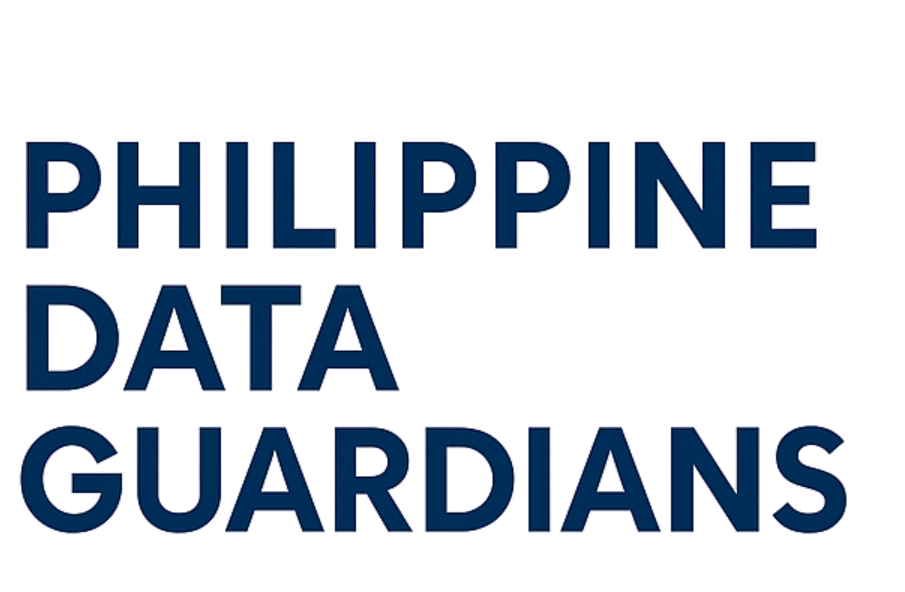Frequently Asked Questions (FAQ)
Who should conduct a PIA?
Any organization that processes personal data — especially if the activity is likely to pose a high risk to individuals’ privacy — should conduct a Privacy Impact Assessment (PIA).
This includes:
Government agencies and LGUs
Schools and universities
Hospitals and healthcare providers
Private companies handling large-scale or sensitive data
NGOs managing beneficiary data
The Data Protection Officer (DPO) usually leads the PIA, with input from IT, legal, HR, and management teams.
What is RA 10173?
RA 10173, also known as the Data Privacy Act of 2012, is the Philippines’ comprehensive privacy law.
It aims to:
Protect the fundamental right to privacy
Regulate the processing of personal data in public and private sectors
Establish the National Privacy Commission (NPC) as the enforcing authority
The law applies to any person or organization that collects, uses, or stores personal information — whether manually or digitally.
Do LGUs need a Data Protection Officer?
Yes. All Local Government Units (LGUs) are required to appoint a Data Protection Officer (DPO) under NPC Circular 2017-01 and comply with RA 10173.
The DPO is responsible for:
Ensuring data privacy policies and practices are in place
Conducting PIAs on local programs (e.g., health, education, profiling systems)
Overseeing breach response and data subject rights
Even barangays that process personal data should designate someone as DPO or Compliance Officer for Privacy (COP).
Can small NGOs be penalized under the law?
Yes — all organizations, regardless of size, are covered by RA 10173 if they process personal data.
Even small NGOs handling:
Donor information
Beneficiary profiles
Monitoring & evaluation data
must ensure privacy compliance.
Failure to follow the law may result in:
Fines of ₱500,000 to ₱5 million
Criminal penalties, including imprisonment
Revocation of permits or licenses for repeat violations
The good news: small organizations are encouraged to start with basic compliance steps — like appointing a DPO, registering with the NPC, conducting PIAs, and creating privacy notices.


